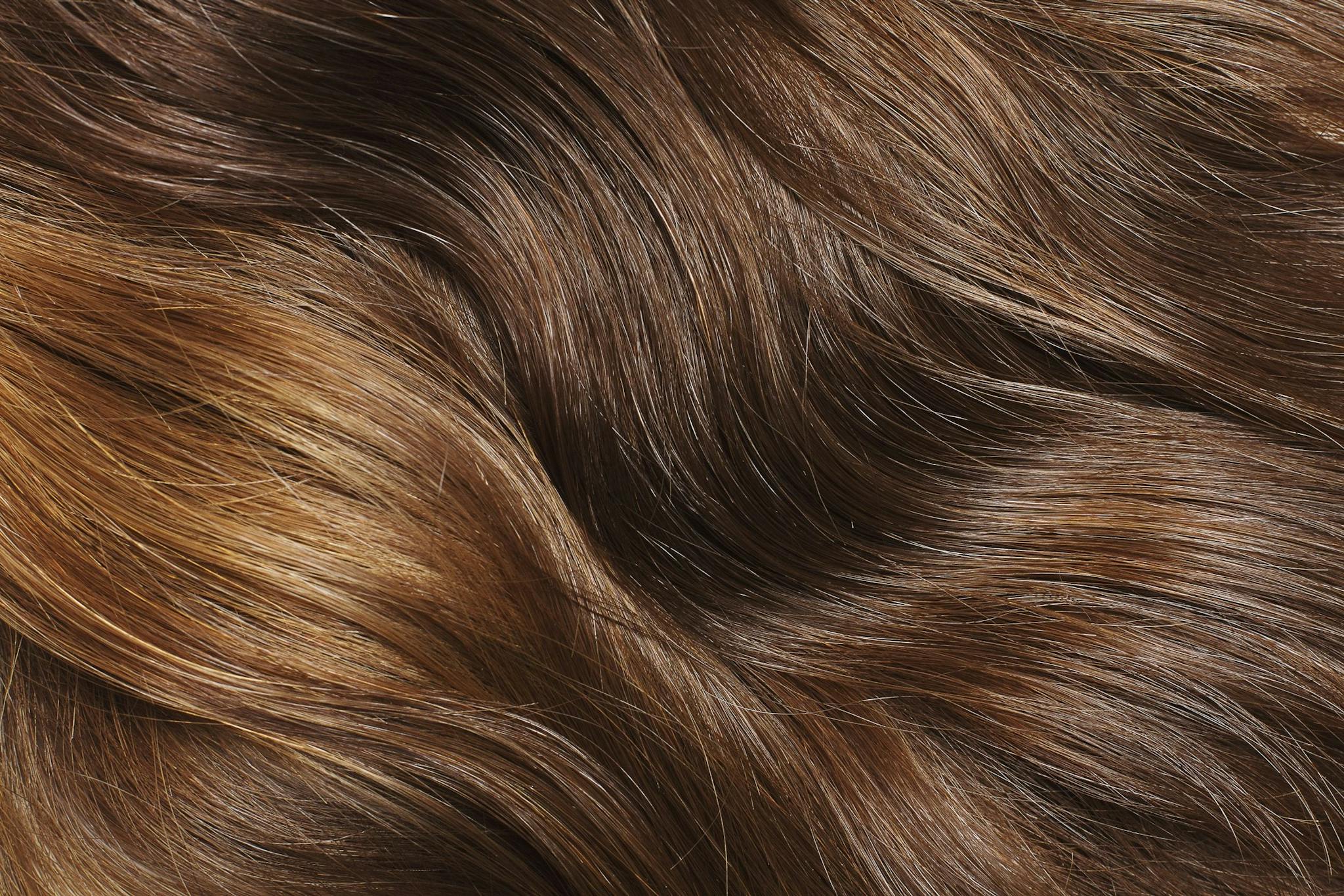
April 9, 2024
The Health Benefits of Stress Management
- Behavioral Health
December 21, 2015 | Dermatology

Dandruff is a common condition that affects many people in a variety of ways. It can cause embarrassment and if you have it, you’re probably eager to get rid of it. Here’s what causes it and some simple ways to get it out of your hair.
More accurately termed as seborrheic dermatitis, dandruff can cause flaking and scaling in the scalp, but also often affects the ears, eyebrows, sides of the nose, beard, armpits and chest. It can be itchy and usually gets worse in the winter. Seborrheic dermatitis is caused by a combination of genetic factors, environmental factors and how the immune system reacts to overgrowth of yeast that is frequently found on the skin.
In many cases, treating dandruff is as simple as taking a trip to your local grocery or drug store. There are many effective medicated shampoos that can help you get your dandruff under control. Look for shampoos with the following ingredients:
When using any of these shampoos, let the lather sit on the scalp for a few minutes before rinsing. A shampoo’s effectiveness will vary from person to person, but you’ll have optimal control when you rotate the 2–3 shampoos that work best for you. For seborrheic dermatitis on the face, ears or eyebrows, you can use several products either daily or intermittently. Clotrimazole cream is an anti-fungal cream with some anti-inflammatory properties that is safe to use daily. Hydrocortisone, a mild corticosteroid, is a treatment option that you can use intermittently, but you’ll want to avoid prolonged consistent use of hydrocortisone on the face. Long-term use of hydrocortisone can lead to skin weakness and thinning as well as possible eye damage if you’re using it on your face. Lastly, lather from the shampoos listed above can be used on the face and ears as well.
These simple measures will help control most cases of seborrheic dermatitis. If none of them seem to be working, a dermatologist can prescribe medication or give further advice on managing dandruff.

Dr. Huber completed his Dermatology Residency and his Internal Medicine Internship at the Medical College of Wisconsin in Milwaukee, Wisconsin and earned a Doctorate of Medicine from the University of Alabama School of Medicine in Birmingham, Alabama. He focuses on general, medical, pediatric and surgical dermatology.

WRITTEN BY:
Brad Huber, MD


April 9, 2024

March 22, 2024

February 12, 2024

February 6, 2024
This information is not intended to replace the advice of a medical professional. You should always consult your doctor before making decisions about your health.